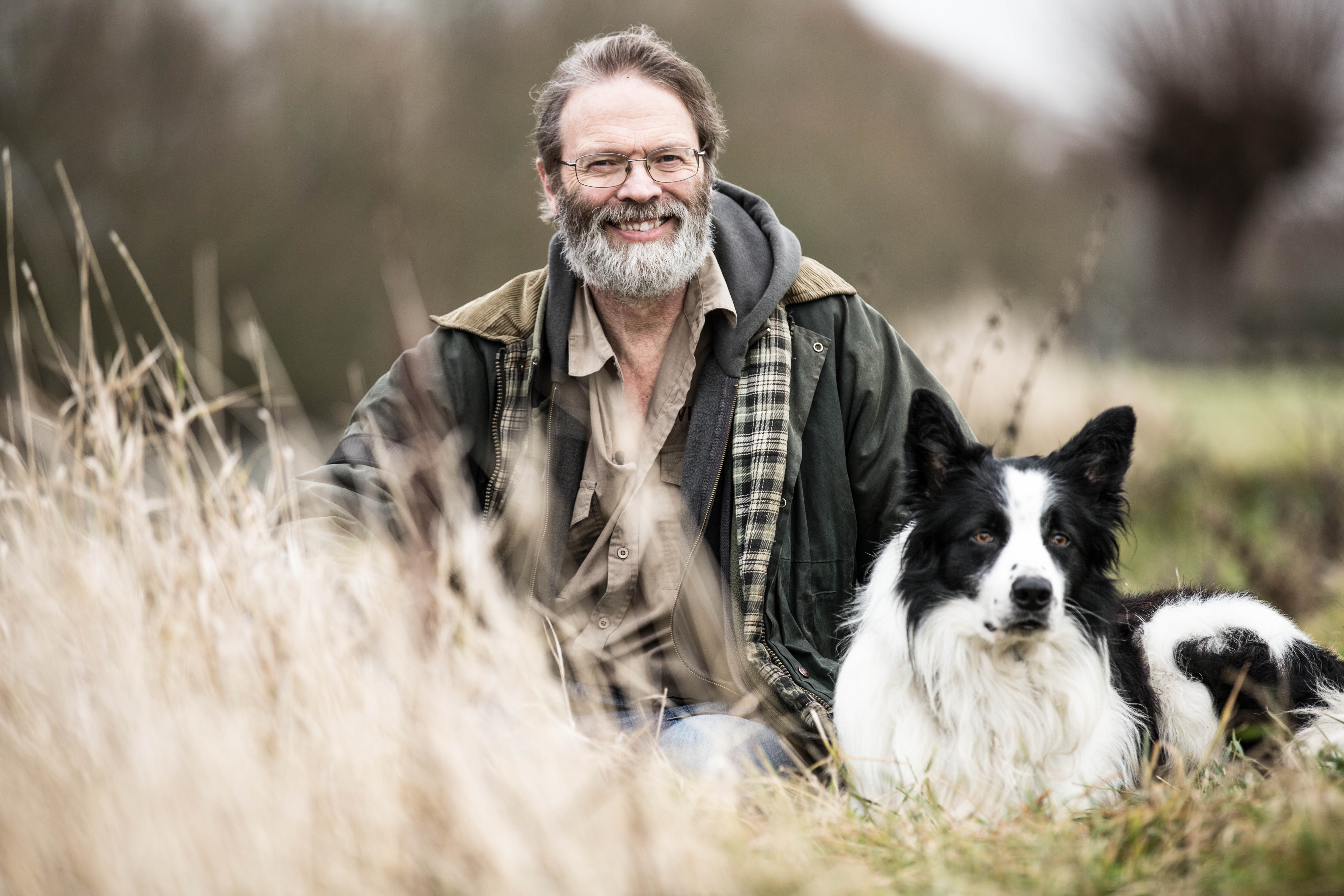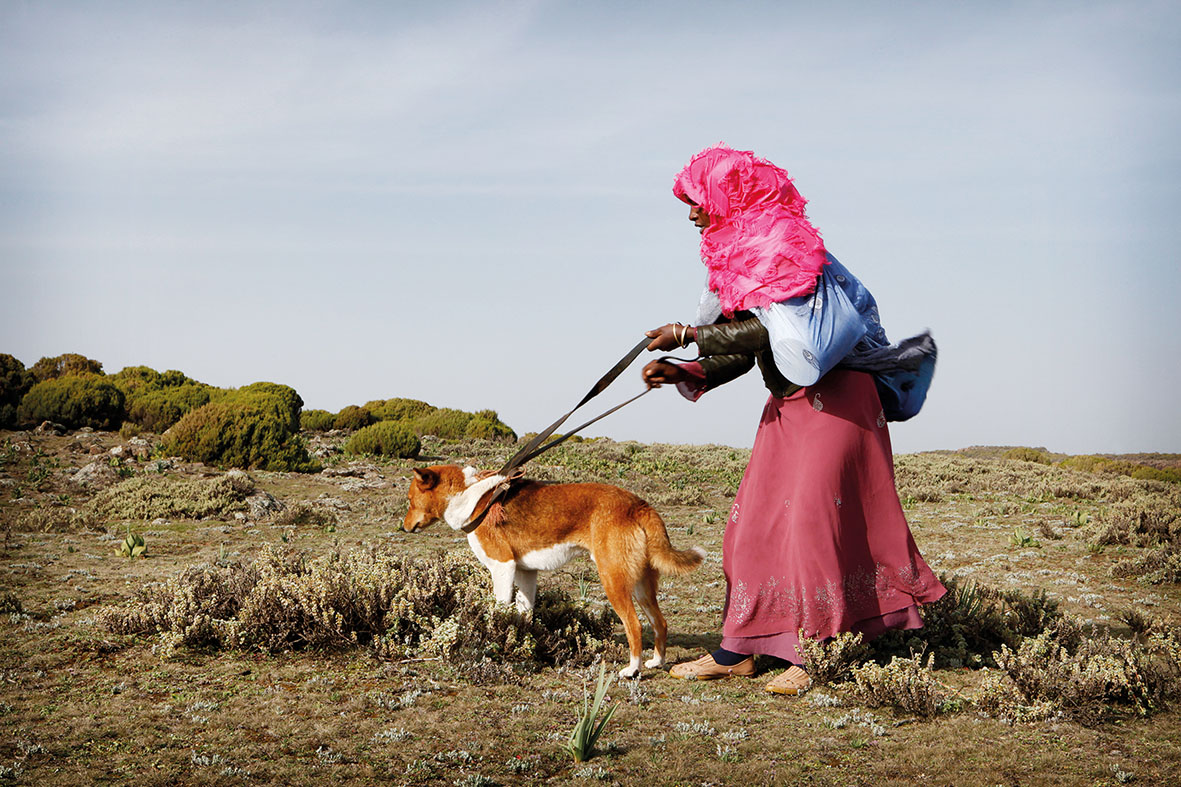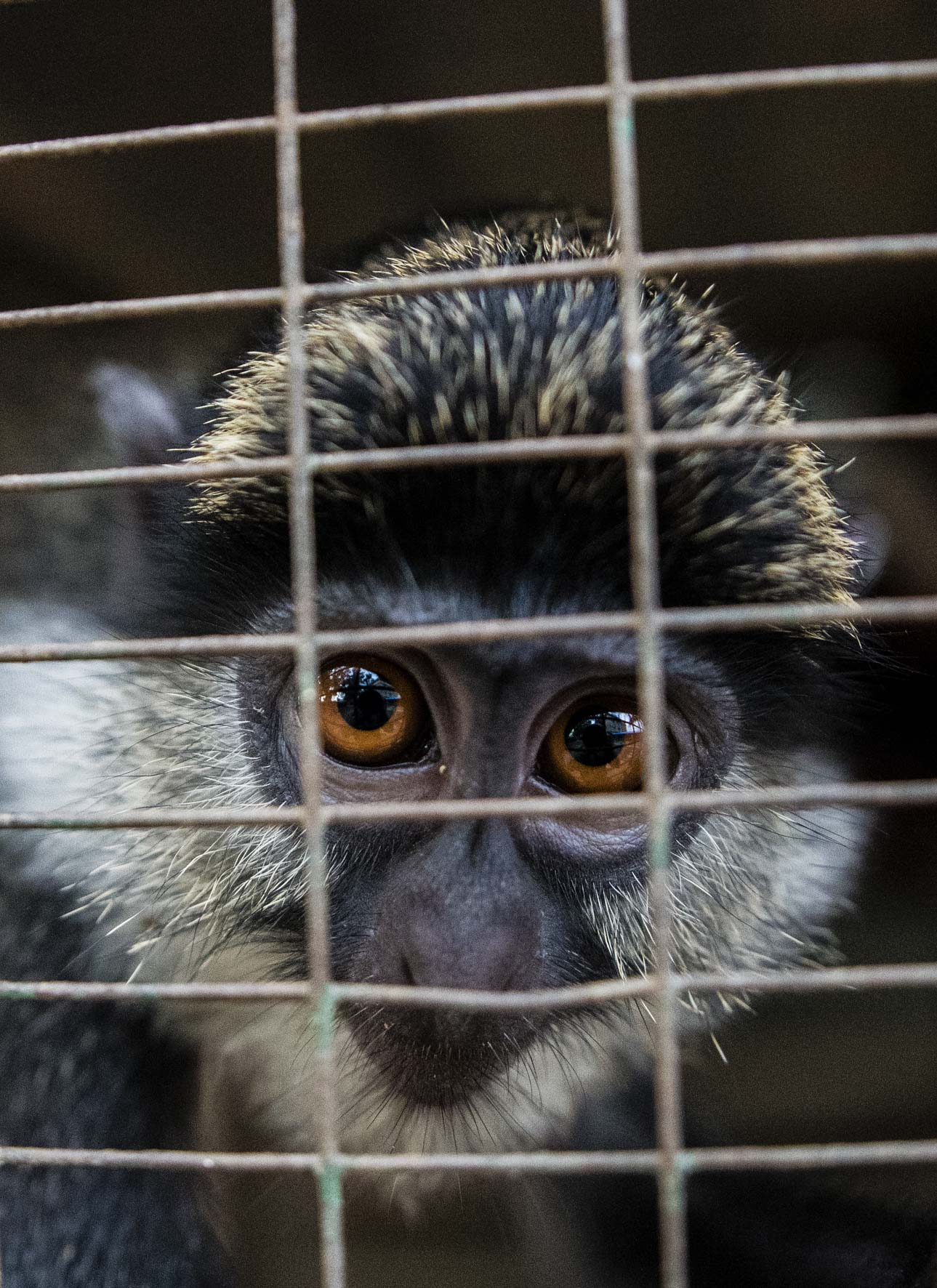News
Mitigating Human Impacts on Wild Animal Welfare
The relationship between wild animal welfare and biodiversity conservation is complex. WildCRU has been engaged with diverse issues around human impacts on animal welfare since the early 1970s. Professor David Macdonald was on the first incarnation of the RSPCA’s Wild Animals Committee, subsequently its Chairman, and then Vice President of the RSPCA. Animal welfare continues to be interwoven with WildCRU’s diverse work around the world from research on the management of European rabbits and moles to the impacts of fishing and marine construction on wild cetaceans, conservation translocations to the exotic pet trade. WildCRU’s research has broadened debate and informed policy in a variety of realms.
A recently published commentary by Professor Macdonald reflects this breadth of engagement and uses a wealth of examples to demonstrate how humans negatively affect the welfare of wild animals, how such impacts might be reduced and what additional research is needed. Examples are drawn from wildlife conservation, management, tourism and trade and include consideration of various ethical viewpoints. They include instances where species are viewed as problematically abundant or scarce and consider both free-ranging and captive members of wild species. By exploring different situations, he ultimately demonstrates how the welfare of wild animals may be balanced with other priorities across diverse contexts.
Professor Macdonald observes that while there is growing concern for wild animal welfare – especially in relation to conservation, research in this area still lags behind that focused on captive animals. Progress is needed in the development of tools to quantify welfare impacts, means of mitigating them and increasing clarity on ethical dilemmas that influence policy and practice. In his opinion, there is a moral obligation for humans to minimise their impacts on non-human animal welfare, regardless of that animal’s perceived status, whether it be considered ‘pest’, ‘feral’, ‘introduced’, ‘abundant’ or ‘rare’. This should include animals ‘feelings’ as well as their ‘fitness’, with non-lethal interventions being given as much attention as lethal. Above all, his belief is that humans should strive to change their behaviour to avoid situations where wild animal welfare is jeopardised, and where that cannot be avoided, their engagement with individual non-human animals should be respectful.
Macdonald, D.W. Mitigating Human Impacts on Wild Animal Welfare. Animals 2023, 13, 2906. https://doi.org/10.3390/ani13182906
-

-
 Photo © EWCP
Photo © EWCP -
 Photo © Neil DCruze
Photo © Neil DCruze





